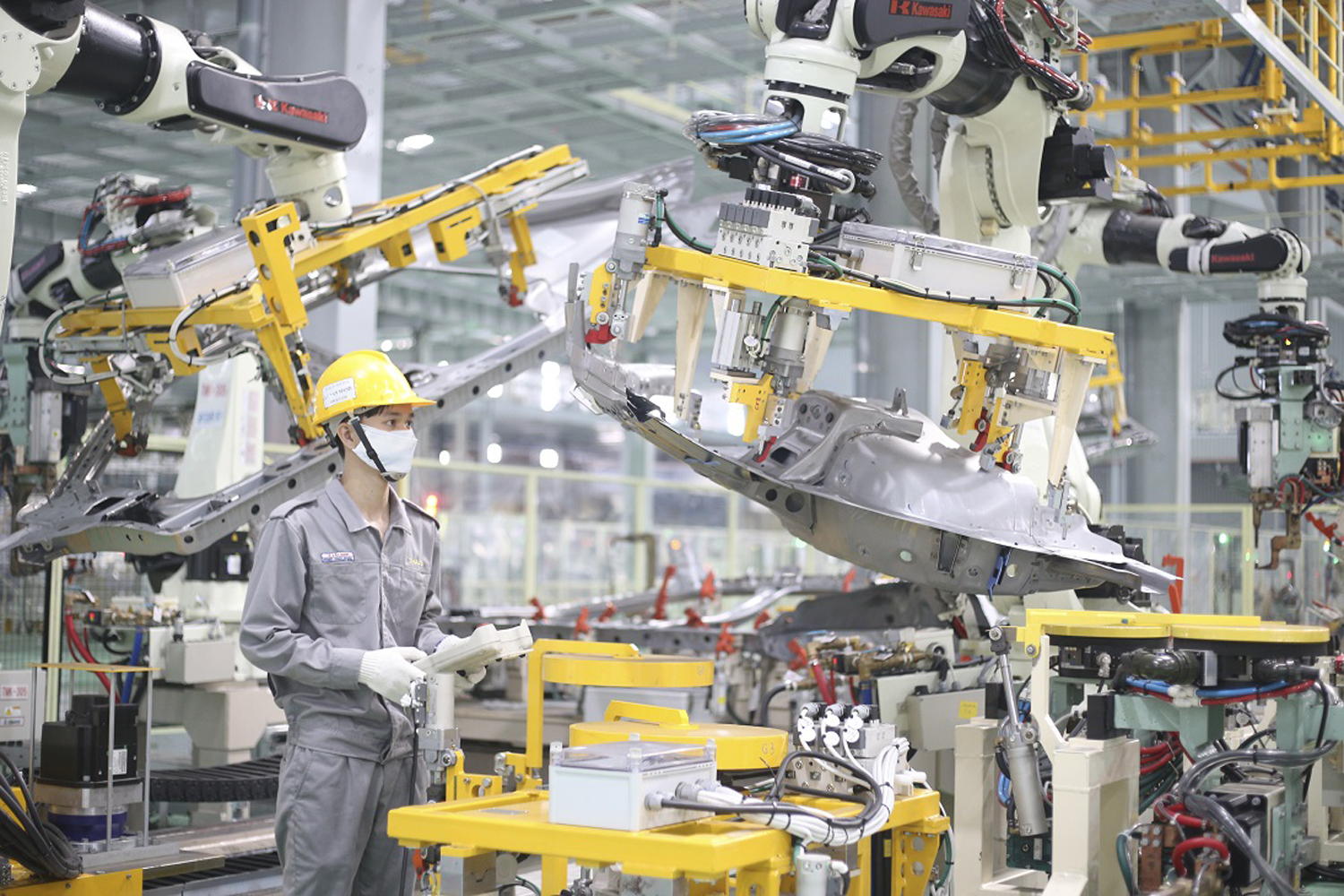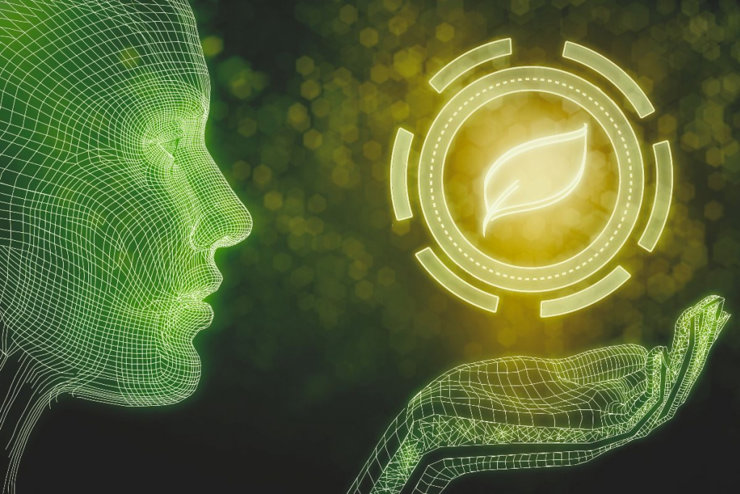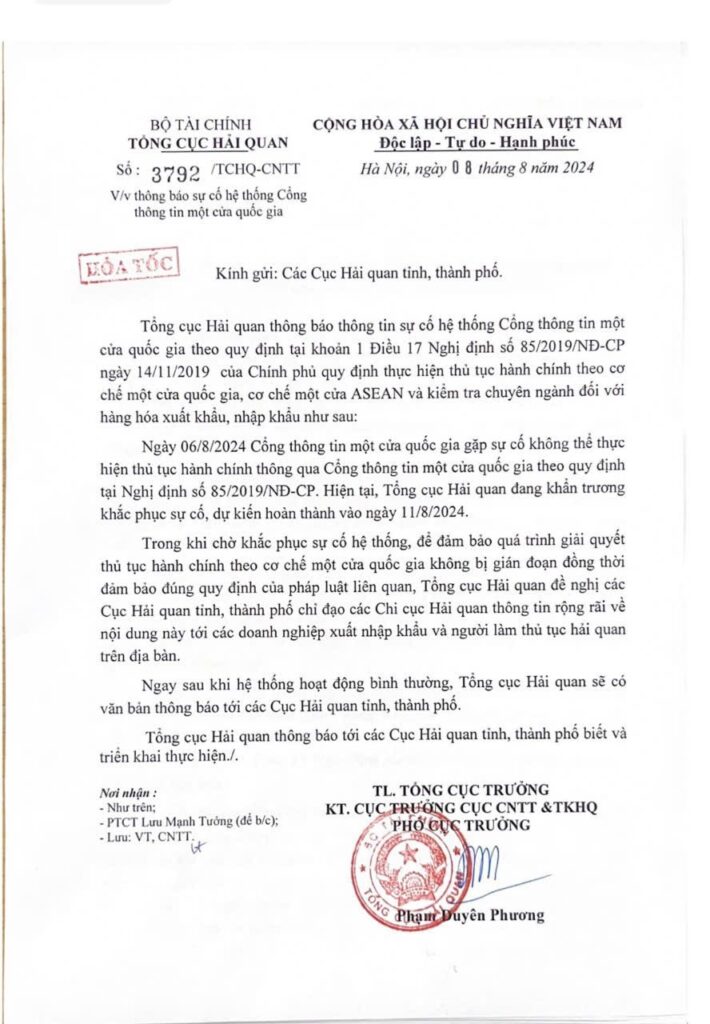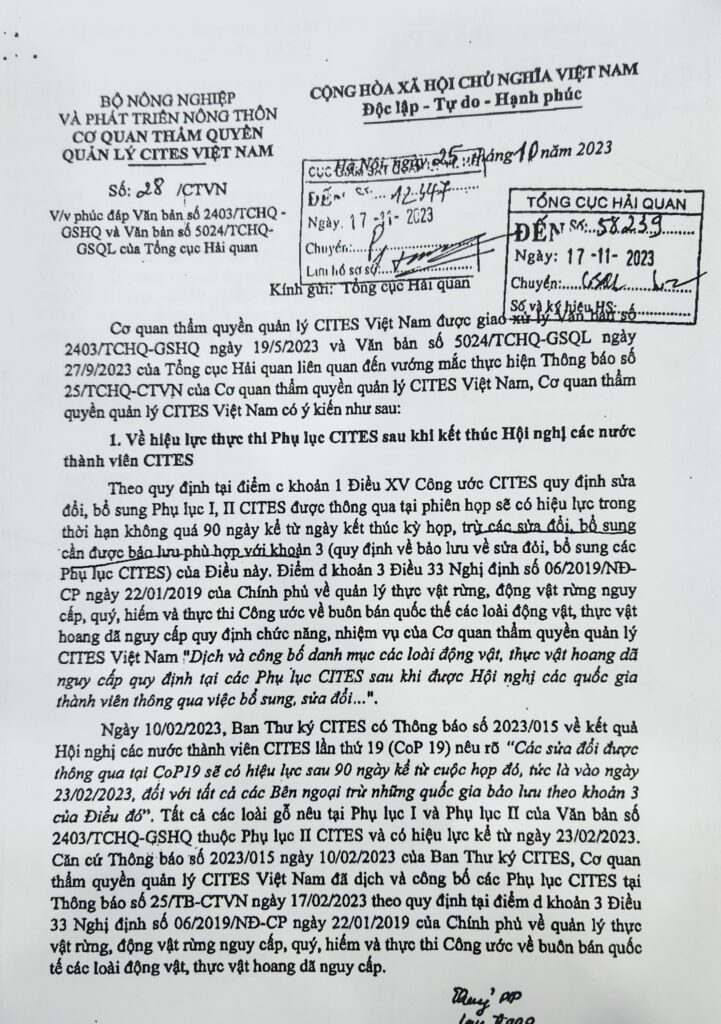In the current context, the transition from a linear economy to a circular economy is an inevitable trend of countries aiming for sustainable growth in the world. According to the Law on Environmental Protection, circular economy is an economic model in which design, production, consumption and service activities aim to reduce the exploitation of raw materials and materials, extend product life cycles, and prolong product life. processing generated waste and minimizing negative impacts on the environment.

Building a national standard system on circular economy is an inevitable requirement from practice. Illustration.
In our country, although circular economy has been widely applied by businesses, there is still no national standard framework for circular economy. Therefore, building a national standard system on circular economy is an inevitable requirement from practice. Around the world, standardization activities associated with the circular economy have long been of interest to countries.
Sharing about the above issue, Ms. Doan Thanh Van - Vietnam Institute of Standards and Quality (Directorate for Standards, Metrology and Quality) said that the United Nations Agenda 2030 (UN Agenda 2030) has identified 17 sustainable development goals to 2030, in which the success of these goals depends on the following factors: Institutions, that is, the level of forming commitments or implementing policies; At the same time, standardization is also one of the priorities to support the implementation of these goals.
In 2018, the International Organization for Standardization ISO established the Technical Committee for ISO TC 323, Circular Economy with members of the technical committee from 72 countries from Argentina to Zimbabwe, including Vietnam and 11 important members. close.
The European Commission has also had many activities promoting standardization related to the circular economy and declared: Establishing standards applicable to global value chains; Continue to develop new standards for sustainable growth and use economic weight to shape international standards to align with EU environmental and climate expectations; The standards promote trade in environmentally friendly goods and services and support global and EU markets for sustainable products.
The OECD is also requiring standards that support a positive shift towards a circular economy, including harmonizing material quality standards for products with repair and remanufacturing (especially when exporting), and standards that ensure appropriate quality of incoming raw materials.

Standardization activities associated with circular economy have long been of interest to countries around the world. Illustration.
On September 7 - 9, 2021, APEC SCSC organized a three-day online conference with the theme Standardization in Circular Economy for a more sustainable Trade, attracting the attention of many experts from member countries, standardization organizations, with four main themes: Circular economy initiatives from standard-setting organizations; Policymaking approaches to circular economy of APEC member economies; Standards and conformance support international trade, sustainability and the circular economy; Good practices use industry standards and alignment to support a circular economy.
At the 20th ASEAN Economic Community (AEC) meeting in Indonesia on October 18, 2021, the Association of Southeast Asian Nations approved the ASEAN Economic Community's Circular Economy Framework (Framework for Circular Economy). for the ASEAN Economic Community) that “harmonization of standards and mutual recognition for circular products and services” is one of five strategic priorities.
From there, it shows that to support the effective transition from a linear economy to a circular economy, researching, building and perfecting a complete and synchronous system of standards is a prerequisite task. In particular, research needs to be conducted on a range from research to assess the current status of standardization activities in the circular economy in Vietnam, research on international experience and research on operational requirements. Standardization serves the development of Vietnam's circular economy./.
Source: Directorate for Standards, Metrology and Quality



